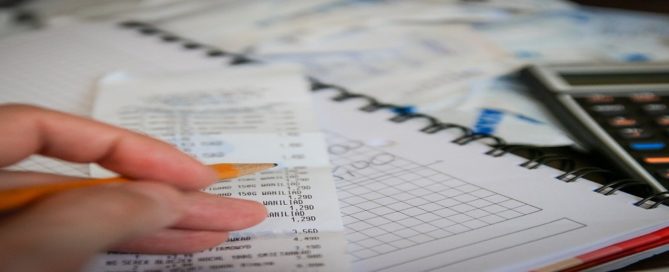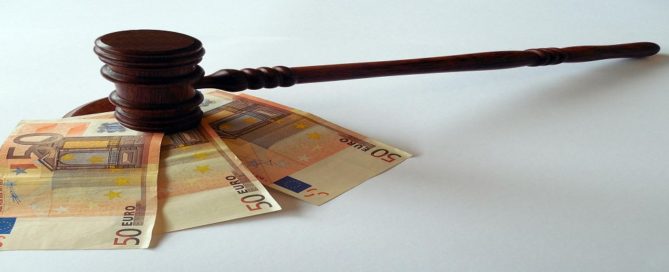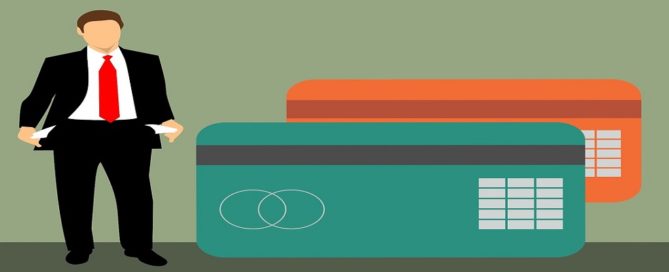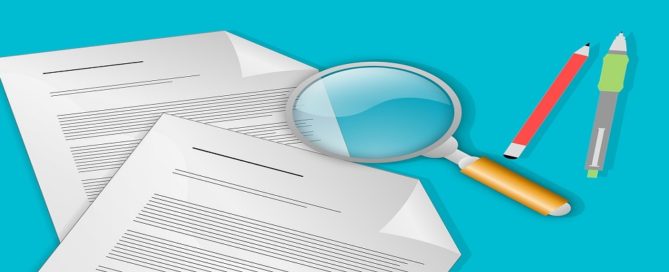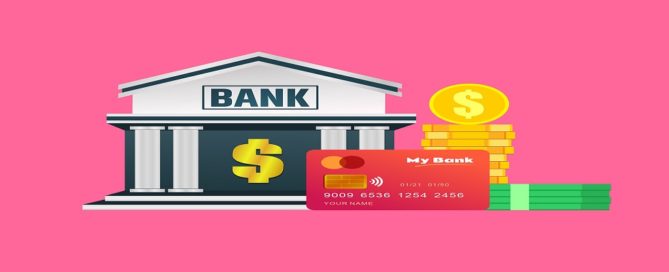Why You Must Opt For Chapter 7 Compared To Chapter 13 When Filing For Bankruptcy
Call: 888-297-6203 If given an option, most people prefer to file for bankruptcy under chapter 7 as compared to chapter 13. This is because, chapter 7 helps discharge most unsecured debts like medical bills, credit card bills as well as personal loans. Benefits of filing for bankruptcy under chapter 7 Also known as the liquidation bankruptcy, not everyone can qualify under this chapter. In order to qualify, you must pass the Means test (which is determined by calculating your income, which must be lower than the state median income). Moreover, even if you do qualify, to get your [...]


